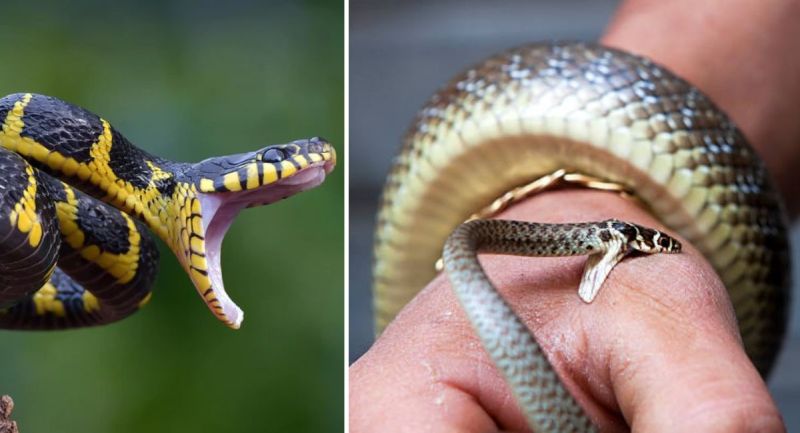Snake bite experiment sparks revolutionary venom antidote

- Newsband
- 09 May, 2025
Tim Friede, a California man, endured over 200 venomous snake bites over 18 years, hoping to develop a universal anti-venom. His extreme experiment has now led to a groundbreaking discovery: scientists have developed an anti-venom from his blood that could protect against a wide range of snake species.
Starting in 2001, Friede deliberately subjected himself to bites from some of the world’s deadliest snakes in a bid to create a universal antidote for venom. His mission was to find a way to counter the venom that kills tens of thousands of people worldwide each year, as reported by the World Health Organization.
Intrigued by Friede’s story, immunologist Jacob Glanville approached him in 2017, with the idea of researching his blood. After Friede donated a 40-mm blood sample, Glanville, along with experts from Columbia University, began working to isolate the unique antibodies in his blood. These antibodies have now been shown to protect animals from fatal doses of venom from 19 species of snakes, including the deadliest ones.
Currently, antivenom is produced by injecting small amounts of venom into animals like horses, which produce antibodies to fight it. These antibodies are then harvested for use in anti-venoms.
However, this process can be inconsistent, as anti-venoms are often species-specific. For example, an anti-venom made from venom in one country may not be as effective against the same species in another country. Friede’s blood, however, contains antibodies that can broadly recognise venom, potentially providing a more universal treatment.
While the antivenom made from Friede’s blood has not yet been tested in humans, experts believe it holds great promise. Professor Richard Kwong from Columbia University describes Friede’s antibodies as ‘extraordinary,’ noting that his immune system has developed the ability to recognise a wide range of venoms.
This could reduce side effects typically seen with traditional antivenoms, which are often made from animal-derived antibodies.
Friede’s work in venom research has become even more significant since he stopped injecting himself with venom in 2018 after several near-fatal incidents. He now works with Glanville’s biotechnology firm, Centivax, continuing to contribute to the research that has the potential to save countless lives worldwide.





